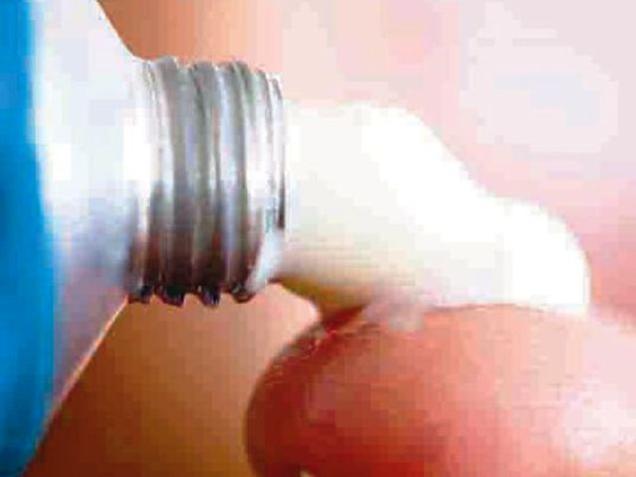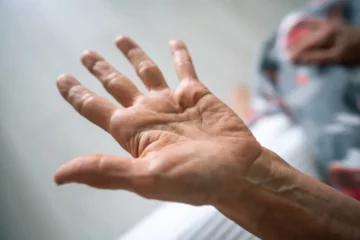
Dermatologists across India have warned of “an epidemic of fungal infections” that even the strongest antifungal creams are failing to treat. The bigger concern: topical steroid creams, which doctors say have turned these infections resilient, are fast-selling products and are readily available over the counter, even as their efficacy remains questionable.
A host of fungal skin infections have turned recurrent, relapsing soon after the drug dosage is over. “This is a fungal epidemic. A fungal infection that was so easy to manage and was 100 per cent curable is now so difficult to treat. At least 50 per cent of these infections are not reacting to treatment. Drugs once effective are no longer so,” says Dr. Nina Madnani, consultant dermatologist, P.D. Hinduja Hospital, Mumbai.
Take for instance, the case of a middle-aged businessman in south Mumbai. His face began itching in February which he first self-treated with creams and lotions. However, a white grainy patch surfaced on his right cheek which a dermatologist diagnosed as a fungal infection. However, the strongest antifungal creams gave him only short-lived relief and the infection continues to resurface.
Unlike in the case of antibiotic resistance, resistance to these topical creams is not showing up in laboratories. “Resistance is a microbiological term based on lab data, but these are recalcitrant infections — they are not resistant but are relapsing,” says Dr. Kabir Sardana, professor of dermatology at the Post Graduate Institute of Medical Education and Research, Ram Manohar Lohia Hospital, New Delhi. He explains that widespread use of steroids by people, and hakims and quacks prescribing these creams arbitrarily has led to a reduced immune response. He cites the example of Itraconazole 200 mg and 400 mg, doses which do not have the approval of the Drug Controller General of India (DCGI); but pharma industries often cite approvals from State Food and Drug Administration units. “This drug has almost 40 drug interactions but is used with gay abandon,” he says.
Surging sales
Dr. Sardana goes on to note that there are no restrictions as yet on the long-term and high doses of antifungals that are being prescribed. His concern is reflected in sales volumes: in 2013, India consumed Rs.1,400 crore worth of topical steroid creams, a segment which recorded an annual growth of 16 per cent, according to a paper published in the Indian Journal of Dermatology, Venereology and Leprology in 2014. These figures do not factor in over-the-counter sales of these topical creams.
The paper states that the sale of topical steroids accounts for 82 per cent of the topical dermatology market, adding that the top-selling combinations in these topical creams are not backed by scientific rationale or logic.
It is for this reason that the association of dermatologists has appealed to the DCGI to making a prescription mandatory for even this set of drugs. Dermatologists are also seeking removal of irrational combinations in topical creams.
“Irrational combinations — antifungal and antibacterial are being combined with steroids — which are flaring up the problem. Prolonged steroid use is leading to side effects and distorting clinical diagnosis. The solution is regulation of these combinations,” says Dr. Shyamanta Barua, honorary secretary general, Indian Association of Dermatologists, Venereologists & Leprologists (IADVL) and faculty in the department of dermatology, Assam Medical College, Dibrugarh. In addition to prescription sales, there is also a refilling of drugs without a prescription, Dr. Barua says, highlighting why it’s important to regulate the sales.
Clothing and infections
The IADVL is also creating awareness among dermatologists to exercise restraint as they most often prescribe these combinations.
Dermatologists also say that clothing can aggravate fungal infections. While genetic disposition is often the reason for many skin infections, they note seeing more resilient infections in people who wear tight-fitting clothing, particularly jeans/denim, that leads to a prolonged infection. Dr. Madnani says that not only are these infections not responding to treatment but they are also getting aggravated with people making a virtue of living in their jeans, which, unlike in the West, is not suitable for the humid Indian weather conditions.
[Source:-The Hindu]




